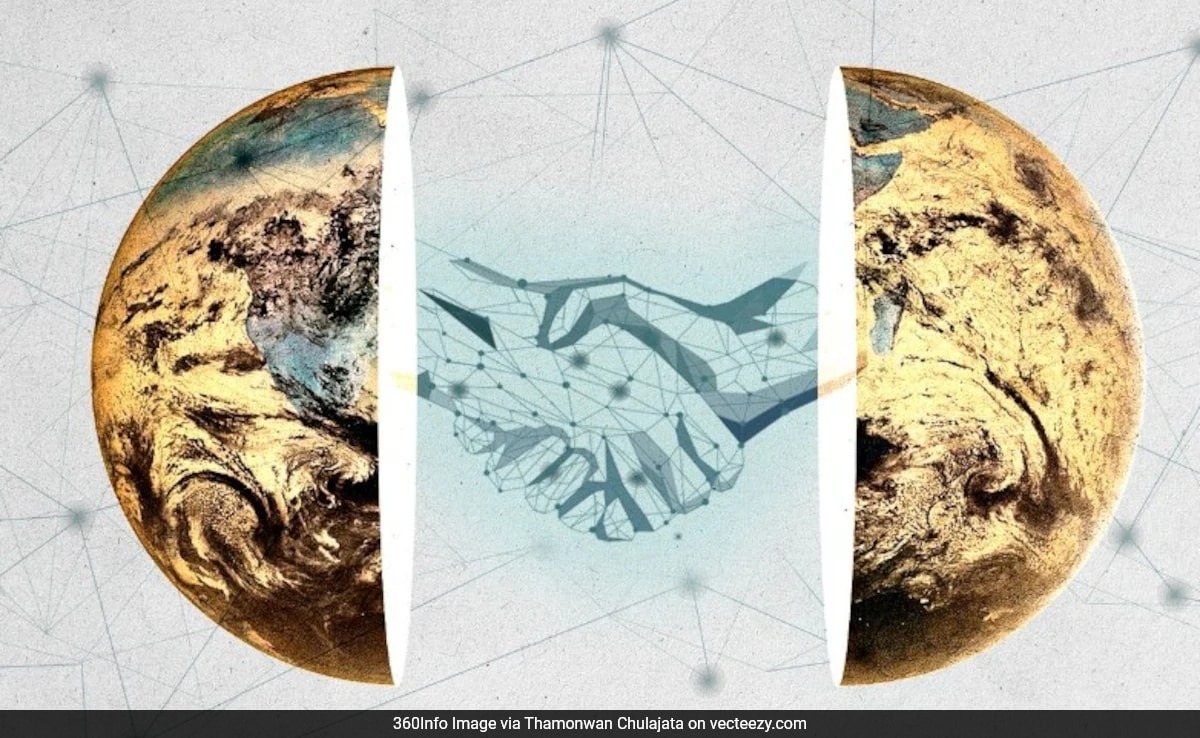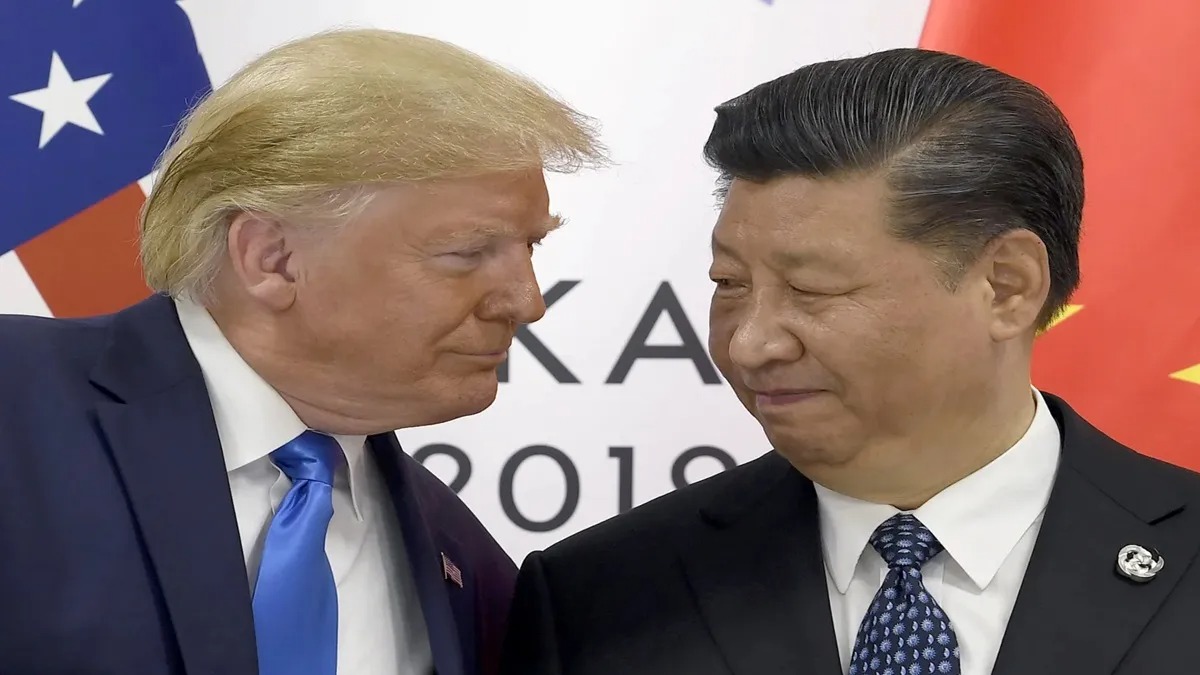
International: With just six years left to meet the deadline for the United Nations' Sustainable Development Goals (SDGs), the world is not on track to meet those targets.
The COVID-19 pandemic, escalating conflicts and growing climate chaos have severely hindered progress.
To get back on track, the world needs massive investment in sustainable development, as well as accelerated action in several critical areas, including climate change, peace and security, and inequalities among and between countries, as the recent Sustainable Development Report 2024 found.
To address these acute challenges, UN Secretary-General Antonio Guterres has called for a Summit of the Future at the United Nations in New York on September 22-23.
With the theme "Multilateral solutions for a better tomorrow", the summit will bring together UN member states and agencies, academic institutions, non-governmental organisations, civil society organisations, the private sector and young people.
Humanity is facing a set of unprecedented challenges that can only be solved through global cooperation, also known as multilateralism. During the summit, attendees will collectively forge a new global consensus on what our future should look like - and what we can do today to secure it.
The summit will focus on five core areas: sustainable development and financing; international peace and security; fostering digital cooperation and the control of new technologies, such as artificial intelligence; the empowerment of young people and future generations; and reform of the UN architecture.
Within sustainable development, the core challenge is securing global financing. After all, achieving the Sustainable Development Goals will require sizeable public investment.
With low-income and lower-middle-income countries, in particular, lacking the access to financing they need to achieve those goals, the global system will need to work out a way to provide access to long-term, low-cost financing to these countries.
To achieve global peace, one of the core challenges today is great-power competition, including between the US, Russia and China. The world will need to move toward a UN-led system in which this great-power competition is governed and restrained by the UN Charter rather than by militarism and power politics.
To support this goal, countries must be truly committed to global cooperation - and a new index on UN-based multilateralism could play a part in monitoring just how committed to that goal UN member states are.
For digital cooperation and new technologies, the main challenge is to ensure that they are transparently and responsibly governed.
For youth and future generations, high-quality education plays an essential role in their empowerment and progress. The world will need to work toward a new global financial arrangement to ensure that every child, even in the poorest countries, is given the opportunity for a decent education.
All of these objectives cannot be achieved without reform of the UN system, ensuring that more power is given to UN institutions and ensuring that they are more representative. To make the UN as representative as possible, boosting diverse representation, including women's representation, at leadership levels is essential.
Furthermore, approaching decarbonisation and other sustainability efforts with a gender lens and boosting women's representation in this area is critical for making progress on all of the above challenges.
Published to coincide with the UN's Summit of the Future, this special report, a collaboration between 360info and the UN Sustainable Development Solutions Network (SDSN), tables solutions to some of the world's most pressing issues.
--Advertisement--

 Desk
Desk Share
Share






